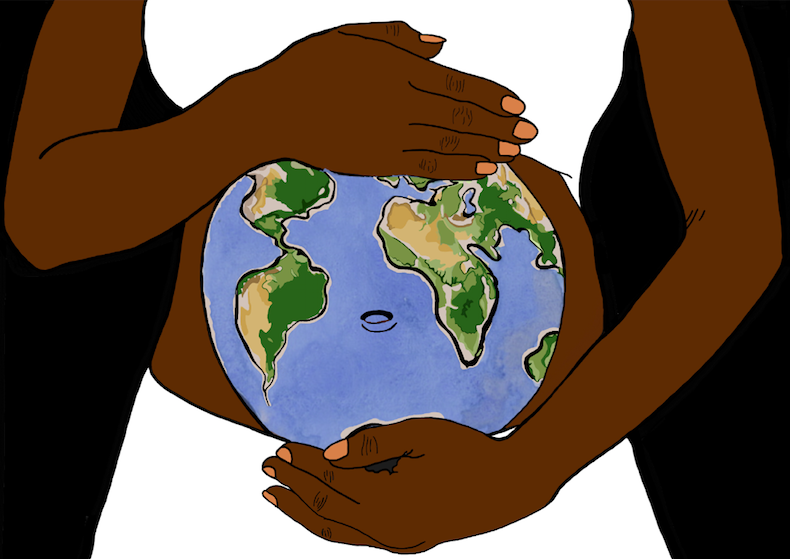Updates for September 10th
A record-setting heat wave swept through Southern California reaching a high of 121 F. The National Weather Service issued an excessive heat warning on Sunday, Sept. 6 for areas in Los Angeles, Ventura, Santa Barbara and San Luis Obispo counties.
California is grappling with an unprecedented wildfire season made worse by the historic heatwave. Over the Labor Day weekend, about 200 hikers in the Sierra Nevada National Forest trapped by the spreading flames had to be airlifted out by helicopters.
The heatwave and wildfires in the West, a massive derecho in the Midwest and the record-breaking 2020 hurricane season illustrate an extreme climate future. Read about the connection between these weather events and climate change here.
The European Environment Agency confirmed on Tuesday, Sept. 8 that environmental factors such as air pollution and heatwaves worsened by climate change contribute to around 13 percent of all deaths in Europe.
Ministers from 11 African countries met virtually on Monday, Sept. 7 to discuss progress on implementing the Great Green Wall, an initiative to develop a 15-kilometer-wide and 8,000-kilometer-long vegetation strip across Africa said to be integral in coronavirus recovery.
Oil refineries in the Louisiana petrochemical industry have been impacted by recent hurricanes, dumping harmful substances into the environment and disproportionately impacting communities of color.
EPA relaxes standards that limit toxic waste and regulate wastewater from coal-fired power plants. Environmental groups claim this makes rivers and streams more vulnerable to contamination by corrosive pollutants like lead, selenium and arsenic.
Communities permanently affected by environmental damage or economic disinvestment are known as “sacrifice zones.” Read this article about how these areas are currently on the front lines of both climate change and the global pandemic.
Read about these organizations which are helping the youth of color enjoy the outdoors in the middle of the global pandemic.
In Ottawa, Canada, farming techniques that reduce greenhouse gas emissions are being developed.




